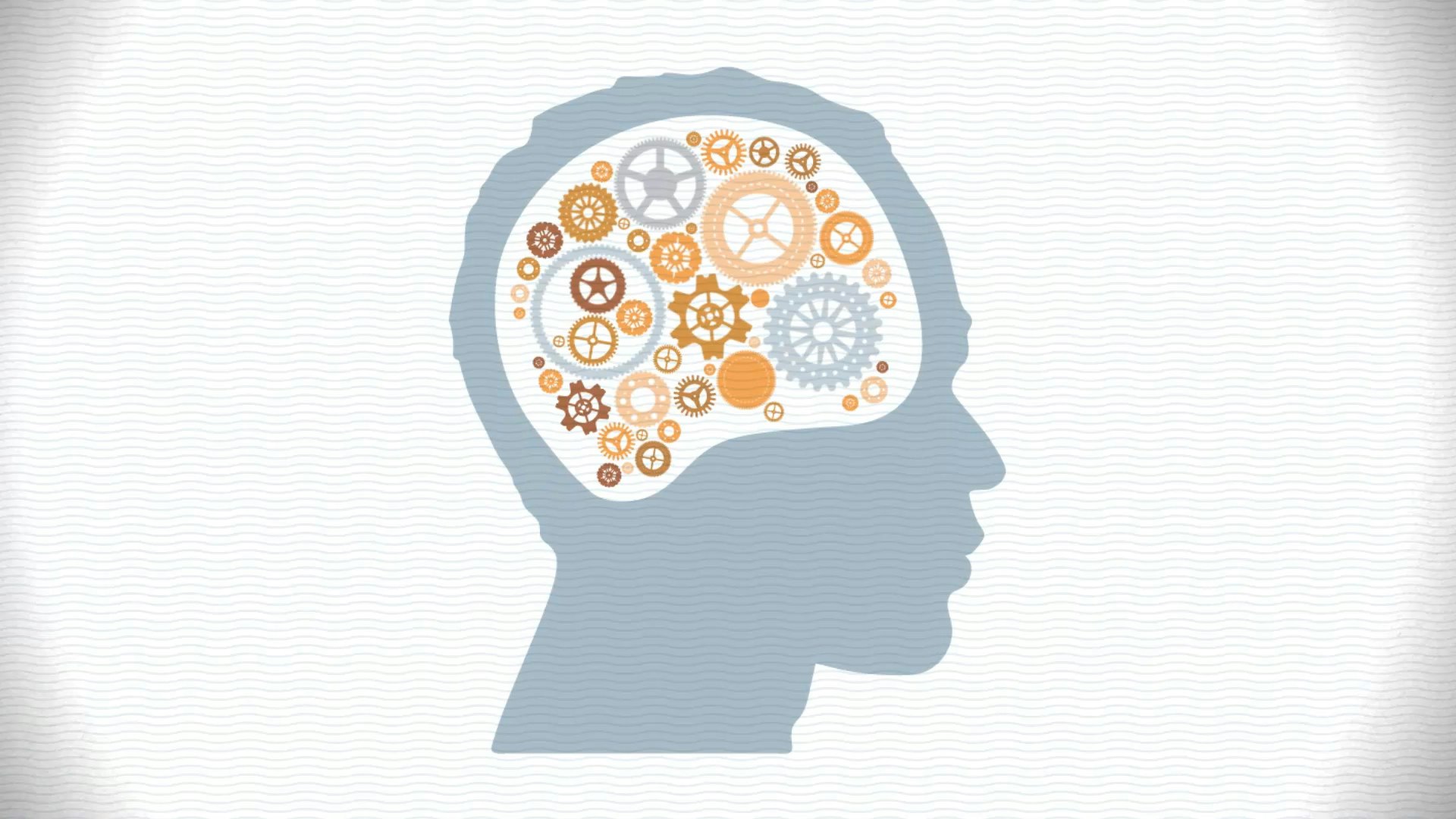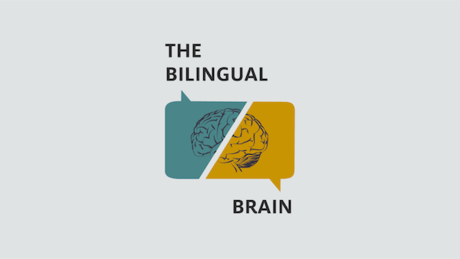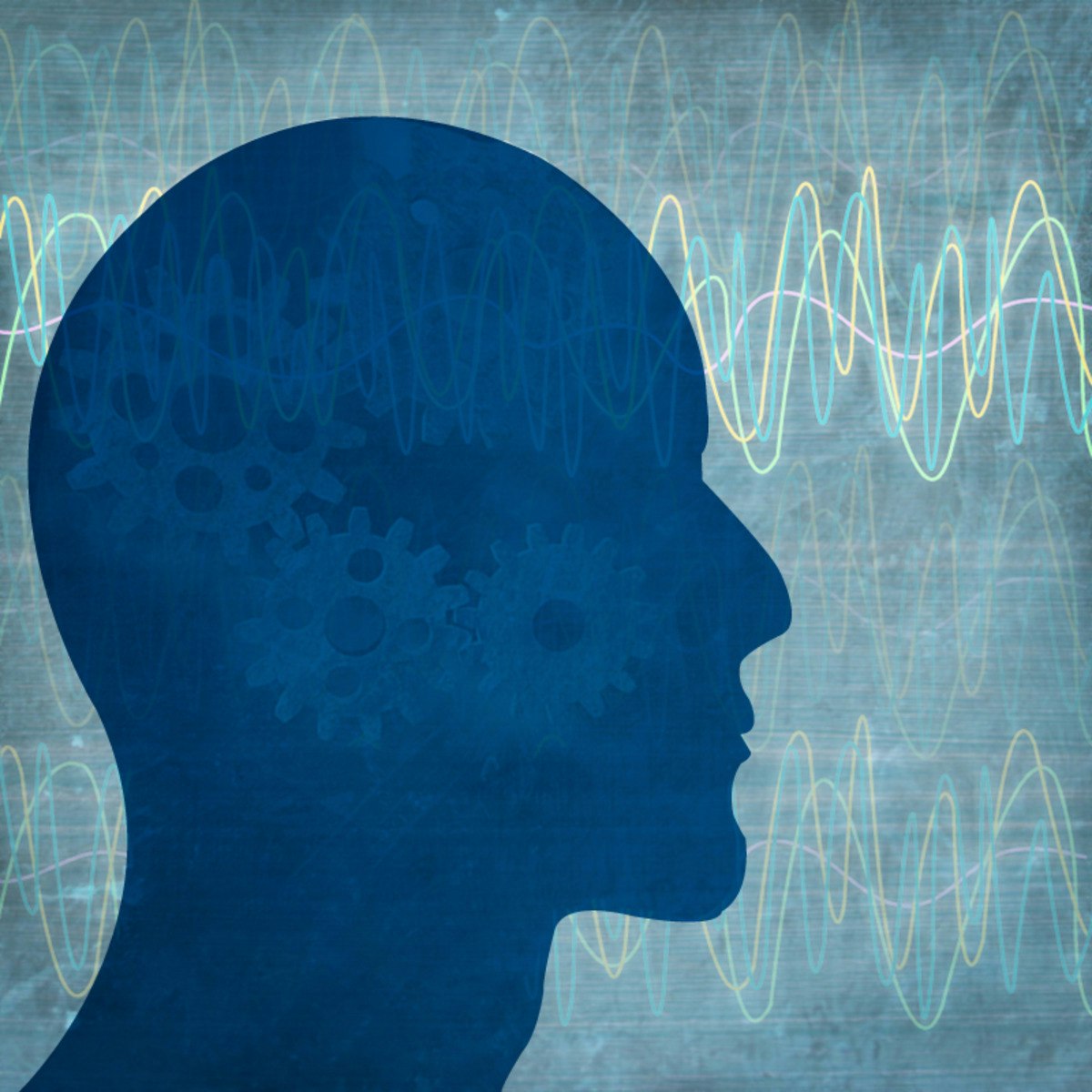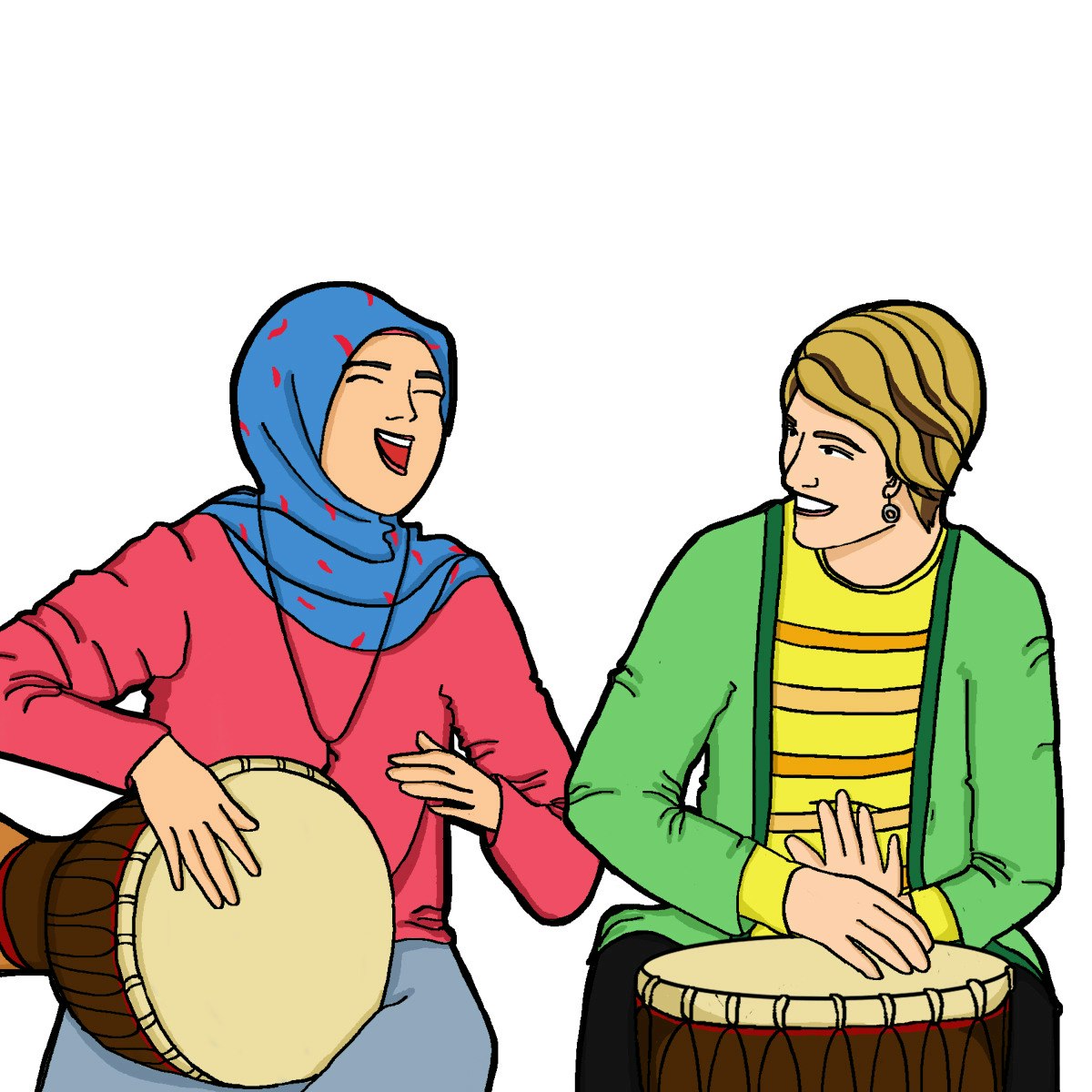Back to Courses









Psychology Courses - Page 5
Showing results 41-50 of 77

Mindfulness and Well-being: Peace in, Peace Out
The purpose of this course is to introduce mindfulness as a robust tool for spiritual development. Highlighting its rich traditional roots, the course explores the capacity of mindfulness to expand understanding about the nature of human consciousness and facilitate certain transcendent emotional experiences, including awe, wonder and flow. Designed for practical application, the course includes a variety of meditations, reflective exercises and activities to help make the material personally meaningful and is the culmination of a specialization created to promote holistic well-being through the practice of mindfulness.

Overcoming Dyslexia
Dyslexia is everywhere, touching so many children and adults, and while science has made extraordinary progress in understanding and clarifying the condition, this incredible powerful knowledge rarely reaches those who most need to know and would greatly benefit from it. Our goal is to change all this with the Coursera you are about to view, produced by Dr. Sally Shaywitz, the Audrey G. Ratner Professor in Learning Development, both the leading scientist studying dyslexia and the most devoted advocate for helping those who are dyslexic.
The course addresses and answers just about all the questions you have: beginning with what is reading and what is dyslexia and sharing with you the most up-to-date 21st century federal definition of dyslexia. If you are dyslexic, you’ll come to learn you are not alone – dyslexia is very common affecting one out of five, that is, 20% of the population, including both boys and girls all over the world. The course addresses a major question we hear from so many parents and teachers– how do I know if my child may be dyslexic? What signs or symptoms should I be on the lookout for? And here’s another very important question we hear from so many parents and educators who are eager to do the best for their child – when should screening for dyslexia begin? What is the best method? What should I look for or ask about?
A major source of worry for parents is their child’s slow reading- they ask will this prevent a happy future for the child. Yes, dyslexics are slow readers and here, in Coursera, you will come to understand the brain’s role in dyslexia, including slow reading. Great news to share – you will also be so delighted to learn that surrounding a dyslexic’s slow reading is a phenomenal powerful sea of strengths in big picture thinking and reasoning. Dyslexia is a true paradox: dyslexics may be slow readers but at the same time are incredibly fast thinkers!
You can be assured, if you care about a child or someone who is dyslexic and have questions or concerns, you will find it addressed here in this course: everything important to know about and help you select the most effective interventions for a dyslexic child; how to go about choosing the best school, including potentially one that is specialized, for such a child, including what is most important to look for when visiting a potential school; the role of accommodations and how to select the best one; and common co-occurring conditions like ADHD and anxiety – their impact, how to recognize and treat. In the following lessons you will meet wonderful, incredibly insightful and highly successful dyslexics – including governors, cardiac surgeons, nationally renowned attorneys, basketball coaches, economists and dyslexic children and their wonderful families who will share their experiences and advice. Enjoy!

Preparing to Manage Human Resources
One way or another, all employees are managed. But approaches to managing employees varying from employee-to-employee, job-to-job, manager-to-manager, organization-to-organization, and country-to-country. This course provides a foundation for developing your own approach to skillfully managing employees by illustrating alternative human resource management (HRM) strategies, introducing the importance of the legal context, and thinking about what motivates employees. This will then give you the factual and conceptual basis for developing specific, critical HRM skills in subsequent courses on hiring employees, managing performance, and rewarding employees. Don't know anything about HRM? That's OK! Leave this course with a new-found understanding of the range of options available for managing employees, a grasp of what makes workers tick, and the readiness to develop your own HRM skills.

Introduction to Psychology
This course will highlight the most interesting experiments within the field of psychology, discussing the implications of those studies for our understanding of the human mind and human behavior. We will explore the brain and some of the cognitive abilities it supports like memory, learning, attention, perception and consciousness. We will examine human development - both in terms of growing up and growing old - and will discuss the manner in which the behavior of others affect our own thoughts and behavior. Finally we will discuss various forms of mental illness and the treatments that are used to help those who suffer from them.
The fact of the matter is that humans routinely do amazing things without appreciating how interesting they are. However, we are also routinely influenced by people and events without always being aware of those influences. By the end of this course you will have gained a much better understanding and appreciation of who you are and how you work. And I can guarantee you that you'll learn things that you'll be telling your friends and family about, things that will fundamentally change the way you think of yourself and others. How can you resist that?!

Psychology of Popularity
The level of popularity you experienced in childhood and adolescence is still affecting you today in ways that you may not even realize. Learn about how psychologists study popularity and how these same concepts can be used in adulthood to be more successful at work, become better parents, and have a happier life.

The Bilingual Brain
This course explores the brain bases of bilingualism by discussing literature relevant to differences in age of initial learning, proficiency, and control in the nonverbal, single language and dual-language literature. Participants will learn about the latest research related to how humans learn one or two languages and other cognitive skills.

Introduction to Self-Determination Theory: An approach to motivation, development and wellness
Self-determination theory (SDT) is an empirically based theory of motivation and psychological development that is especially focused on the basic psychological needs that promote high quality motivation and wellness, and how they are supported in social contexts. SDT details how the styles and strategies of motivators such as parents, teachers, coaches, managers, and health-care professionals can promote or undermine engagement and the positive consequences that follow from it.
In this course, Professor Richard Ryan, co-founder of the theory, will provide an overview of SDT with special emphasis on how autonomy, competence, and relatedness supports and facilitates behavioral persistence, quality of relationships, and healthy developmental processes, among other topics. He will also discuss the convergence of behavioral phenomenological and neuropsychological aspects of autonomy within SDT research. In addition, he will illustrate practical applications of SDT, with emphasis on educational, work, sport, healthcare and psychotherapy settings.

How Music Can Change Your Life
Did you ever wonder how music works?
This course provides free video, audio and journal resources that explain six basic principles about how music can influence individual and community health and wellbeing. From biology and neuroscience, to psychotherapy and politics, the ways we engage with music can make all the difference. Music has always played an integral role in the lives of individuals and communities all around the globe. This course explores the ways that music can be used to achieve positive changes with a particular emphasis on the most vulnerable persons. Six different understandings will be explored, each with their own set of values and assumptions. The greatest thinkers in each approach believe that their way of explaining the power of music is right, but we will show that understanding music in its entirety delivers the best results in each unique circumstance. Once we understand the various ways that music can change the world, we can make informed decisions about how best to employ its extraordinary power.
Learners who engage in this MOOC can expect to both deepen and broaden their understanding of how music can be used with individuals, groups and communities. Specifically: • To distinguish between how music works on the body, in the brain, through the unconscious, for bonding, as political action and in reflecting culture, • To design practical programs that utilise music to support individuals, groups and communities based on examples shared in the ‘on-site’ case studies.
View the MOOC promotional video here: http://tinyurl.com/jnde3w3

Questionnaire Design for Social Surveys
This course will cover the basic elements of designing and evaluating questionnaires. We will review the process of responding to questions, challenges and options for asking questions about behavioral frequencies, practical techniques for evaluating questions, mode specific questionnaire characteristics, and review methods of standardized and conversational interviewing.

History of Mental Illness
Our lexicon of mental illness is immense: There currently are hundreds of classified disorders and an extensive assortment of medications and therapies. This course explores the history of this productive science -- its discoveries, classifications, and treatments of psychiatric distress. The excursion begins with a general introduction and proceeds to explore 4 kinds of mental illness: neurasthenia, depression, attention deficits (ADD/ADHD), and narcissism. Each kind is examined in terms of its scientific research and classification; treatments developed to cure or alleviate its symptoms; lived-experiences of those so diagnosed with the disorder; and critical reflection on the diagnosis.
This course departs from histories that mainly chronicle scientific achievements and, instead, invites you to investigate how the scientific discoveries and therapies were deeply informed by cultural conditions of the time. The cultural influences on psychiatric science include ideals of individual happiness; conceptions about what is ‘normal’; notions of rational personhood; and existing social, gender, and racial hierarchies/biases. We investigate these cultural dynamics and then look at the lived experiences of those who were diagnosed or living with the condition. Paying attention to culture and lived experiences accords with the perspective of “mad studies,” a recent movement to foreground the people who suffer and the socio-political conditions surrounding their experiences. Exploring cultural dynamics and lived experiences along with the scientific milestones prepares us to critically reflect on world of psychopathology and on psychopathology in the world. In our reflection classes we will ask, for instance, about the forces behind incredible increases in depression and attention deficit disorder; racial and gender biases in research and treatment; the apparent happiness epidemic; and the prospects of neurodiversity.
Popular Internships and Jobs by Categories
Find Jobs & Internships
Browse
© 2024 BoostGrad | All rights reserved